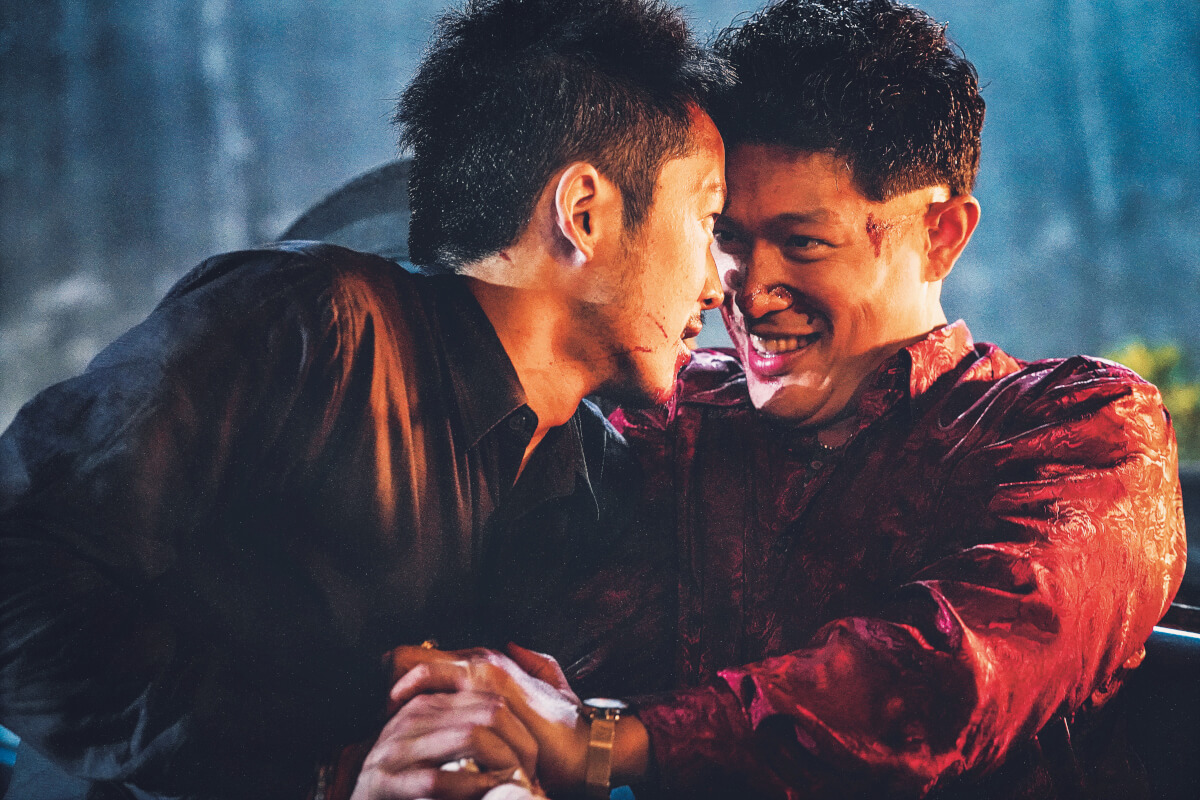Q: How is it like to lead this film?
Tori: On 1st day, I felt I wasn't leading the film as leading actor. It was not right for me to think of myself as leader of this team rather we all have to work together make sth better than 1st one.




About the shooting accident during the fight scene









